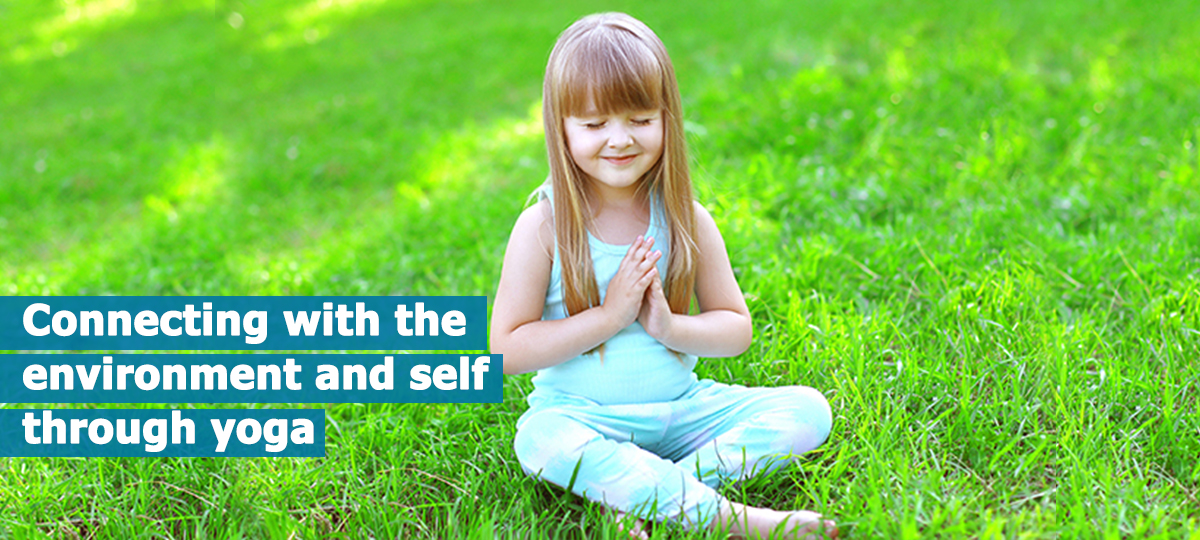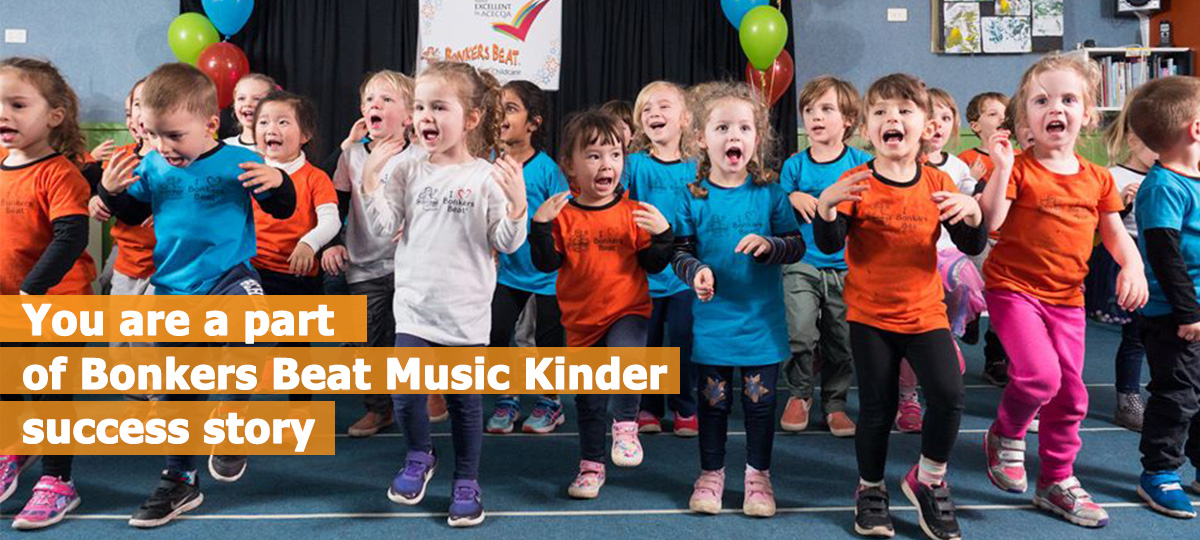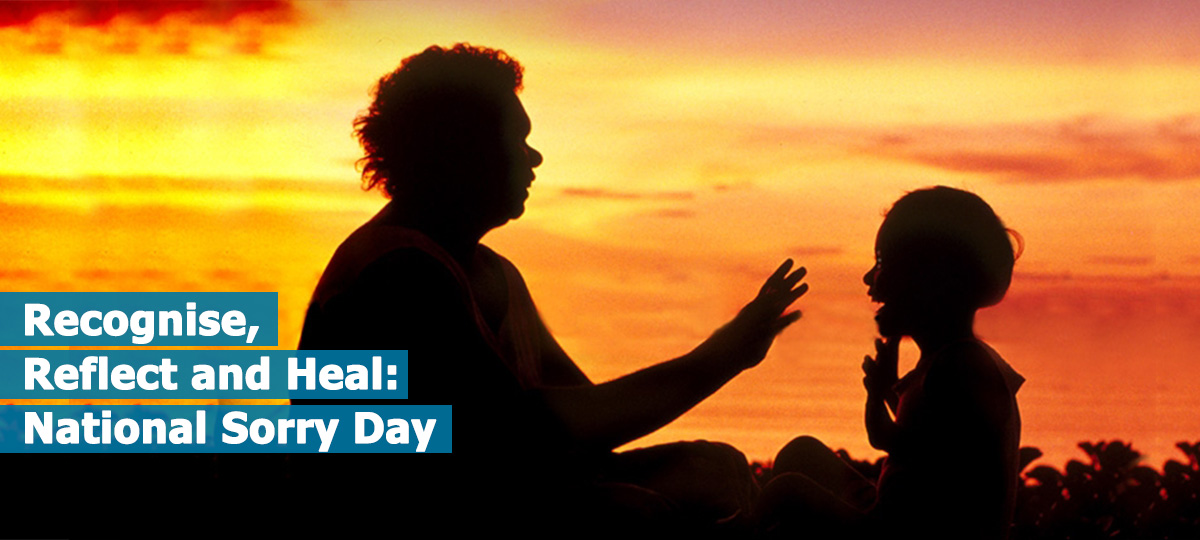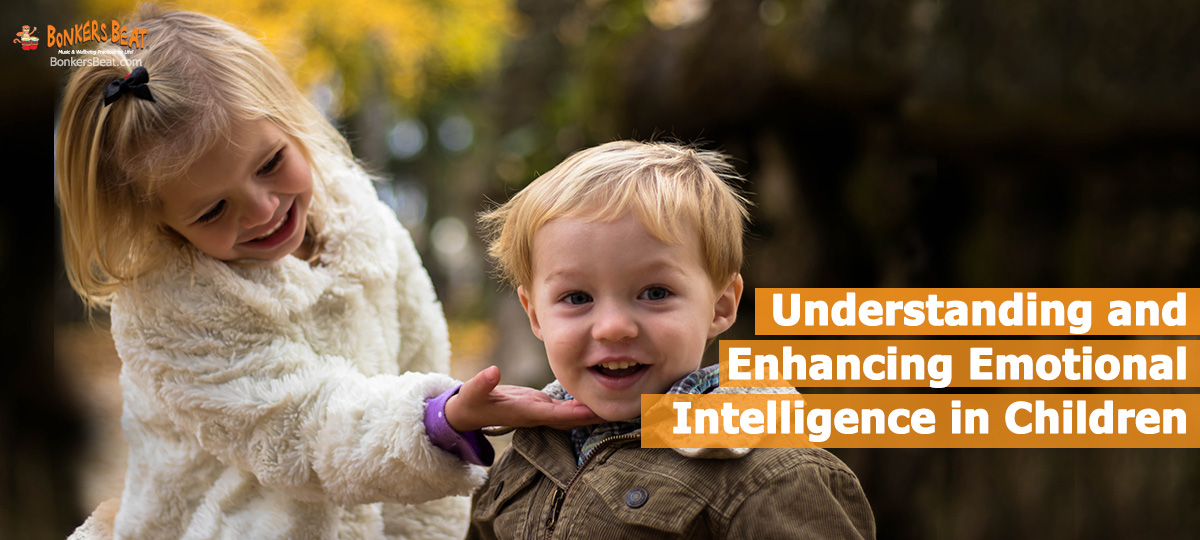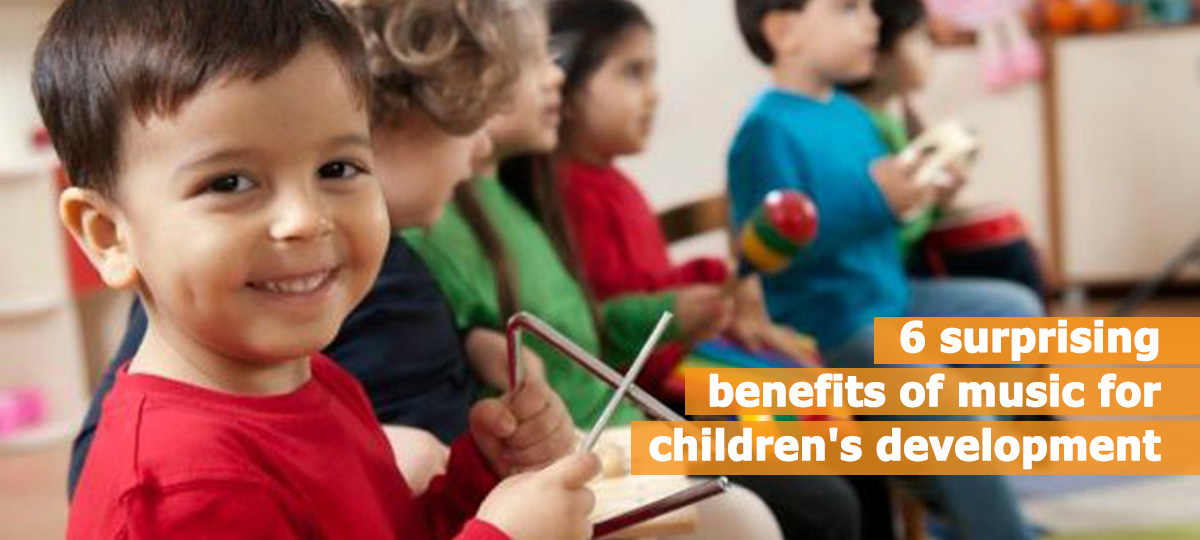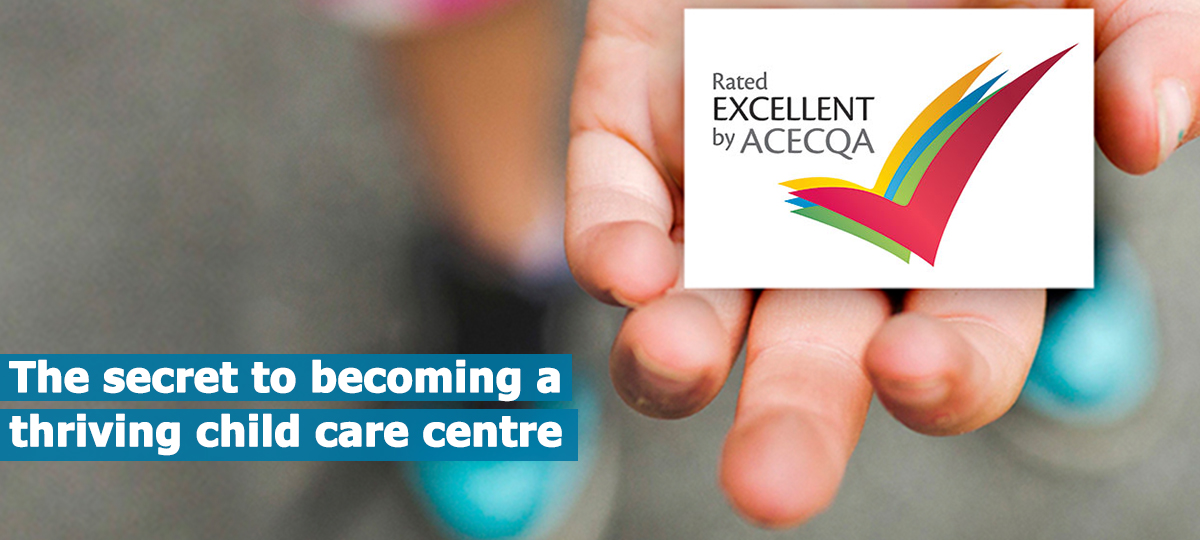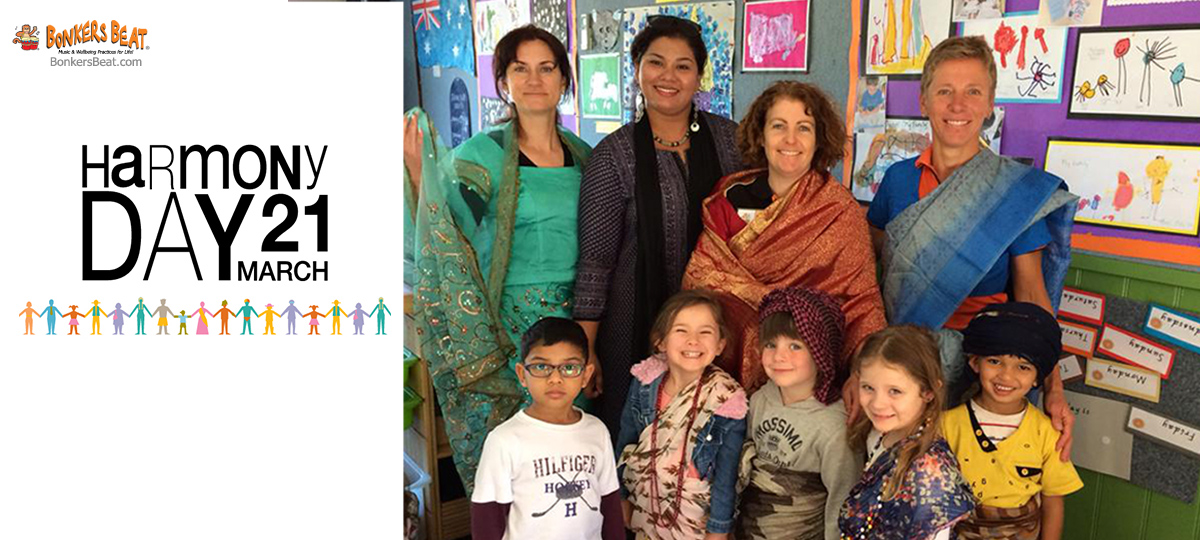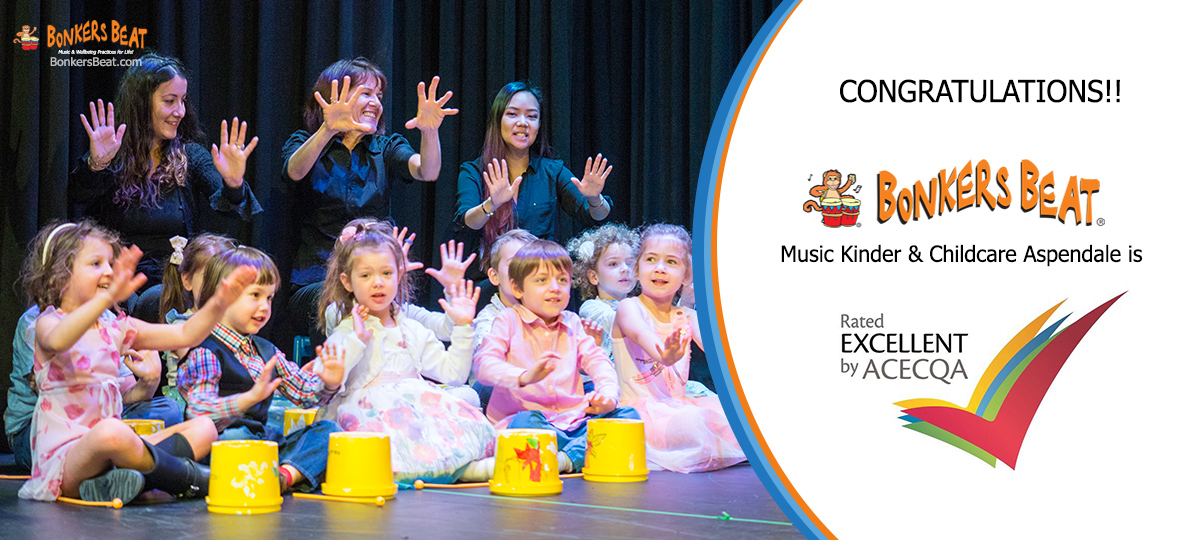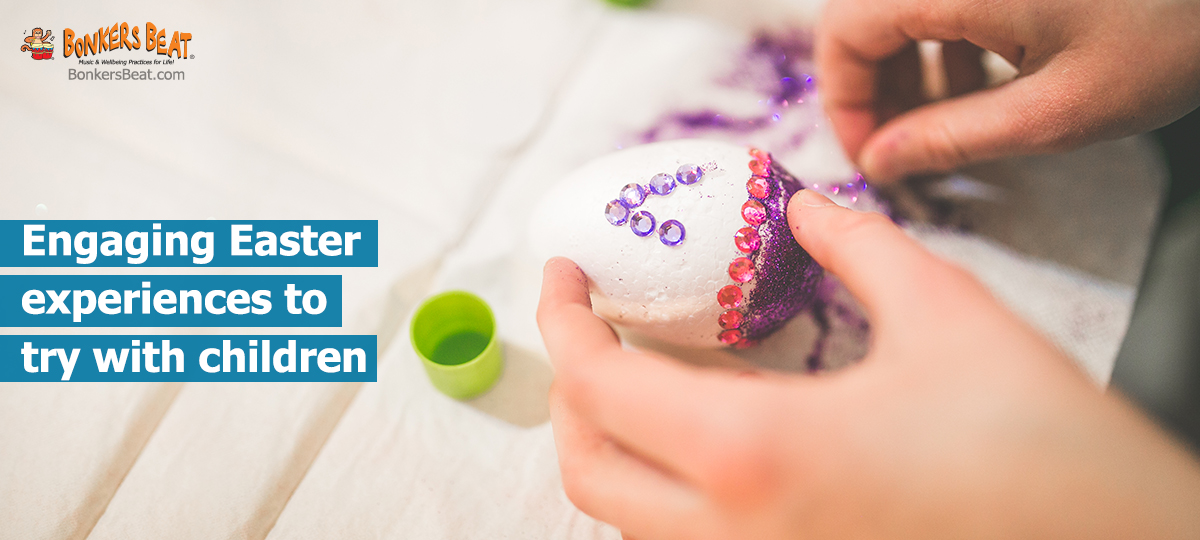Connectedness is a powerful feeling for adults and children alike. Creating connections with ourselves and others is important for development on many levels. Connecting with the environment is vital too. So how can we make these connections? One enjoyable and a highly beneficial way is through yoga.
The benefits of yoga anywhere, any time are amazing. While we have explored the many benefits of yoga for children before (take a look here!), taking yoga practice outdoors can offer further rewards. Let’s explore a few of them.
Three notable benefits of yoga outdoors
1. Reset an overloaded brain
Yoga is always a useful tool to relax, but taking it outside can actually enable the brain to recalibrate. Our bodies see nature as our natural environment and adding in the mindful activity of yoga or meditation while outdoors takes that calming effect to the next level.
2. Boost immunity
Fresh air is essential for good health, even in the colder months. In fact, many common colds are caused by spending too much time in confined indoor spaces. Take your deep yoga and meditation breathing exercises outside with children to gain the benefits of that fresh oxygen in their systems and yours.
3. Feel at one with nature
Children can use their observations of the outdoor environment to inspire their yoga. Standing tall like trees, stretching to the sky. Stretching to the side like a tree in the breeze. Many yoga poses use animals and nature so it makes sense to combine the two in real life!
International Yoga Day is coming up on Thursday 21 June — if you don’t currently practice yoga with children in your centre, maybe this could be a good day to start. Our Bonkers Beat programs are incredibly valuable tools to help you bring the benefits of yoga for children (and adults) into your service too.
Enjoy your yoga practice and watch for yourself as children experience the physical, mental and emotional benefits of yoga and meditation combined with being outdoors.

